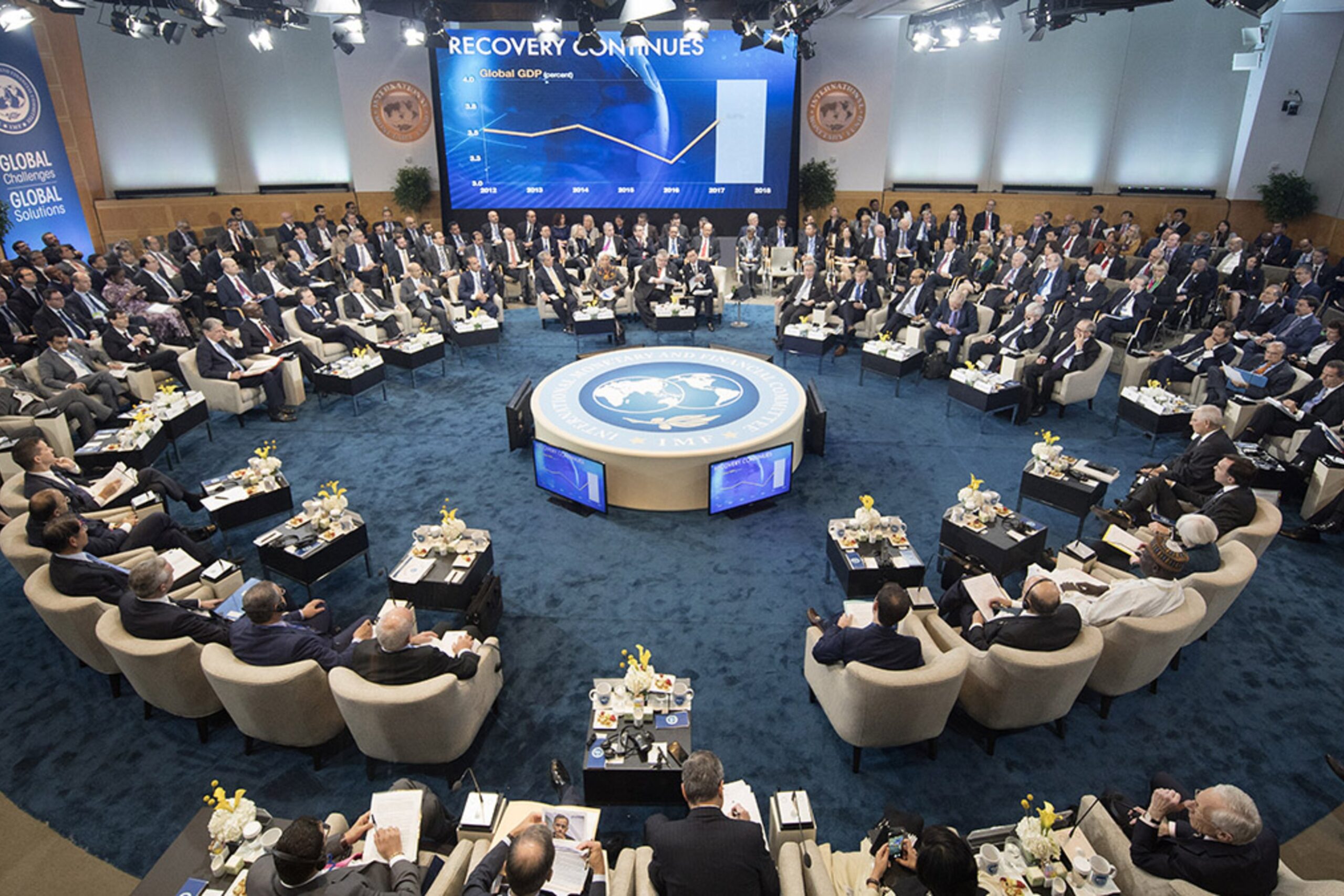Infrastructure projects: Local firms get priority
THE Government says it will continue to prioritise local firms in awarding contracts for long-term infrastructure development projects being implemented under Public Private Partnerships (PPPs) arrangements.
This follows the realisation that contracting foreign firms had failed to yield the desired results.
Finance and Economic Development Minister Professor Mthuli Ncube said this while responding to questions from delegates at the three-day Confederation of Zimbabwe Industries (CZI) annual conference that ended in Harare on Friday.
As part of rebuilding the economy, the Second Republic recognises infrastructure as a key enabler to economic development and thus the Government after coming into power in November 2017, has prioritised infrastructure development.
In this context, the New Dispensation has embarked on several infrastructural development programmes such as the rehabilitation of major highways, dam construction and improving of water and sanitation infrastructure across the country.
Professor Ncube said the best way to fund some of the infrastructural development projects such as roads was entering into PPPs with local contractors.
Under the PPPs arrangement, he said the Government would give a concession to a company for five years for them to Build Own Operate and Transfer (BOOT) after 25 years.
“I must say for the Beitbridge-Harare road, that’s what we did initially. We had three companies, I won’t mention them by name … and after two years we got nowhere with those two companies and that was a BOOT arrangement.
“Let me just say one company was from Europe, another one was local and the third one was Chinese and we never made progress. I don’t know what happened there.
“We have been clearer in terms of contractors in the infrastructure space where we say for now we prefer local contractors,” said Prof Ncube.
He said the Government has decided to invest in future growth through infrastructure development.
“But we know that we cannot build all our trunk roads using Government resources. For example, the Beitbridge-Bulawayo-Victoria Falls road, which again is a viable road should be done on a PPP because we know that we can’t sustain both Beitbridge-Harare then Harare-Chirundu on the back of the fiscus.
“In fact, really all the trunk roads can be on a PPP basis so we still invite the private sector to come forward and work with us on PPP funding, which is long-term,” said Prof Ncube.
Meanwhile, he reiterated that the Government would continue implementing a cocktail of measures to tame exchange rate fluctuations and curb speculative behaviour.
Such measures involve the Government paying contractors for major infrastructure projects half in US dollars and half in local currency, with local currency staggered to avert the attempt to convert a solid local currency payment on the black market.
“We haven’t stopped funding at all, but we will resume payments, but l think there will be an understanding that going forward, we will only be happier with contracts that are within the right levels in terms of pricing, not using the parallel rates of US$1:$1500 and so forth.
“We want to make sure that we stay within the official exchange rate in terms of pricing. But also the way the liquidity will be dished out will be in a managed way so that we don’t have liquidity bunching which has got all the potential of going into the parallel market.
“But also some of the contractors we have been paying them half in US$ half in domestic currency, some of them 100 percent US$,” said Prof Ncube.
Construction Industry Federation of Zimbabwe chief executive officer Martin Chingaira said the pronouncements by Prof Ncube were welcome as the awarding of Government tenders to local contractors will go a long way in capacitating their growth and development.
“If locals are given the tenders for Government infrastructural development projects that in a way capacitates local industries to grow.
“Government is the biggest employer so if we are given projects, it promotes viability and creation of more jobs in the local construction industry and this in turn means more taxes to the Treasury.
“So, the sentiments by the minister are welcome and this is also in line with the President’s pronouncement that ‘Nyika inovakwa nevene vayo’. Given that policy position, we have a fair chance to grow while other players across the value chain such as suppliers will also have a fair share,” he said.-Herald.cl.zw










